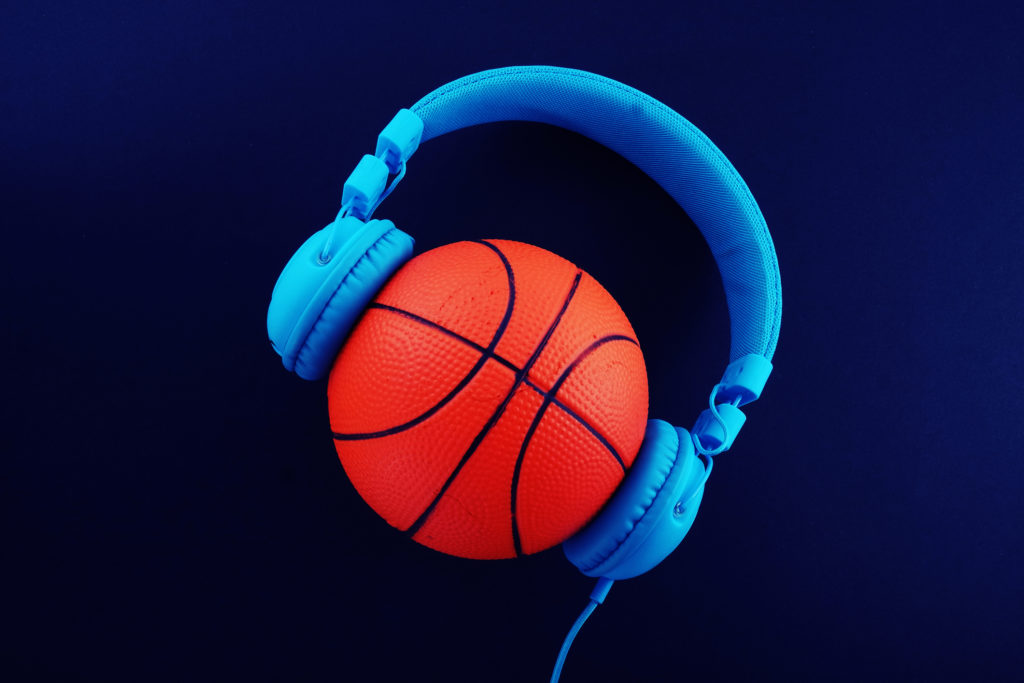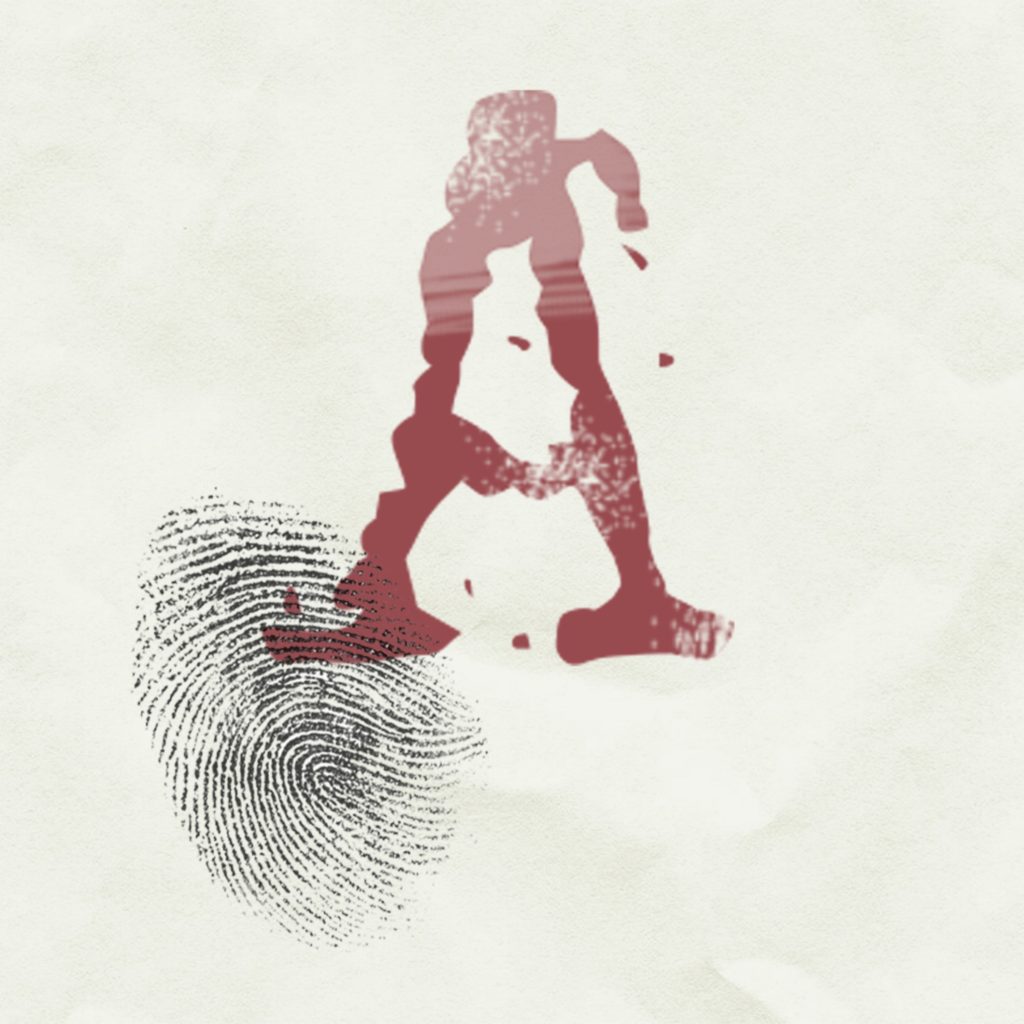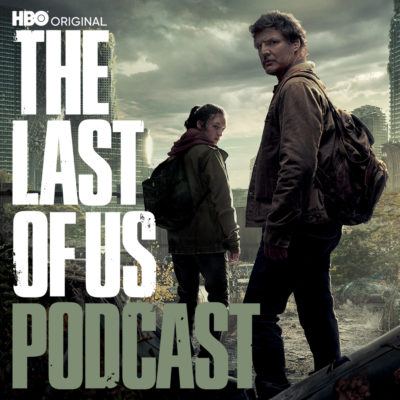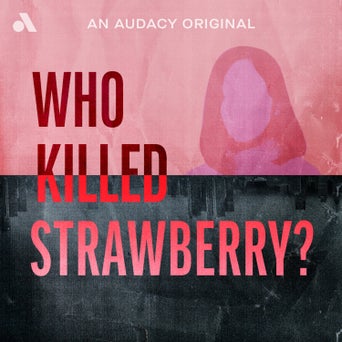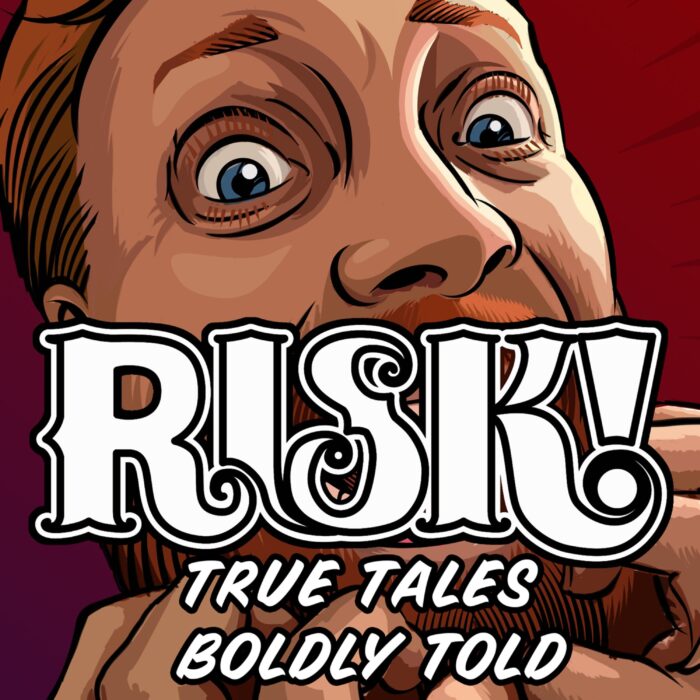#SpookySZN: Is football killing its athletes? Ask ‘Gladiator: Aaron Hernandez and Football Inc.’
In one of the strangest cases that never stopped spiraling out of control, Aaron Hernandez went from Super Bowl champion, to convicted murderer, to suicide victim. From Wondery and The Boston Globe Spotlight Team, “Gladiator: Aaron Hernandez and Football Inc.” is taking a hard look at the crisis facing football through Hernandez’s life, crimes and death.
“Gladiator: Aaron Hernandez and Football Inc.” starts at the end, with Hernandez found dead from suicide in his cell in April of 2017. News spread quickly, Hernandez becoming another in a long list of football players who have taken their own lives. He left behind more questions than answers – about his mind, his crimes, and the role football (the sport and the industry) played on the end of his life.
The story is told by a member of the Boston Globe’s Investigative Spotlight Team, who had been following Hernandez’s unraveling for years. Once part of the revolutionary and unstable tight end duo on the New England Patriots with Rob Gronkowski, his three-year professional career came to a grinding halt in the 2013 offseason. But “Gladiator: Aaron Hernandez and Football Inc.” goes even further back, to his childhood in Bristol, Connecticut.
He was a star athlete in his hometown, which, coincidentally, is best known as the headquarters of ESPN. In an interview with Jonathan Hernandez, we learn more about their life growing up. Their father, a former star-athlete himself, was an abusive, violent man, instilling fear in his sons. But Hernandez remained a double star athlete in football and basketball. Shortly after his first serious concussion in high school, one he was unable to get up from without assistance, former Philadelphia Eagles’ star Andre Waters shot himself to death at age 44. He was posthumously diagnosed with chronic traumatic encephalopathy, better known as CTE.
The podcast goes on to cover his college career at the University of Florida and his professional career with the New England Patriots. His teammates on both teams found him to be unhinged and easy to set off, along with jeopardizing his own safety by putting himself in dangerous crowds. His off-field activities, which included drugs, weapons, and numerous fights, made him unpopular with teammates. His quarterbacks, Tim Tebow and Tom Brady, even spoke with each other about their difficulty steering Hernandez in the right direction.
We know how the story ends. On June 26, 2013, Hernandez was charged with first degree murder in the shooting death of Odin Lloyd. He was released by the Patriots 90 minutes later. He was found guilty two years later of the murder. Two years after that, he was acquitted for the murders of Daniel Jorge Correia de Abreu and Safiro Teixeira Furtado. Then, just 5 days after his acquittal, he was found having hung himself with bedsheets in his prison cell on April 19, 2017.
“Gladiator: Aaron Hernandez and Football Inc.” is going beyond just your basic true crime podcast. This is not just about the tragic deaths of multiple men. Instead, it is looking at what football is doing to the brains of people who play it.
Researchers at Boston University, who have been studying CTE in athletes since 2008, were shocked at the amount of trauma in Hernandez’s brain. He had Stage 3 CTE, which researchers had never seen in a brain younger than 46 years old. CTE results in poor judgment, lack of impulse control, or aggression, anger, paranoia, emotional volatility, and rage behaviors, many of which could explain Hernandez’s behavior as he progressed through football. He has since become the image of football-induced brain damage.
If his teammates saw these traits in him, saw the danger he posed to himself and others, surely coaches saw, too. So, “Gladiator” wants to know, why did nobody help him? What role did football the industry play in end of his life and the lives of his victims? Did elite coaches, trainers, and doctors look the other way as his brain continued to be battered to the point of murderous tendencies? “Gladiator: Aaron Hernandez and Football Inc.” also uncovers new documents, audio and interviews with people who have never publicly spoken before on Hernandez. It’s a devastating story about what talent, money, and a lack of consequences may be having on NFL players. It’s way more than just the sport of football.
